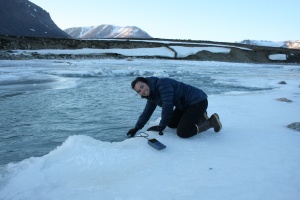People
Who We AreWe are an ERC and RCUK funded research team based at UCL and Birkbeck looking at how Earth’s biogeochemical cycles respond to past and present climate change
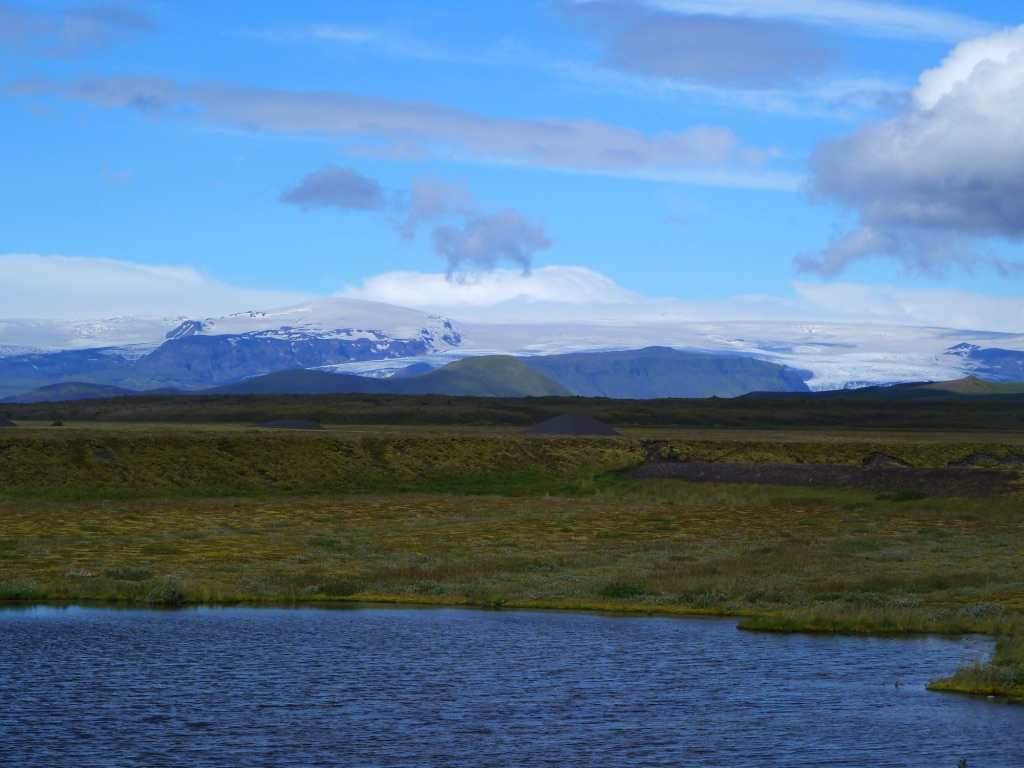
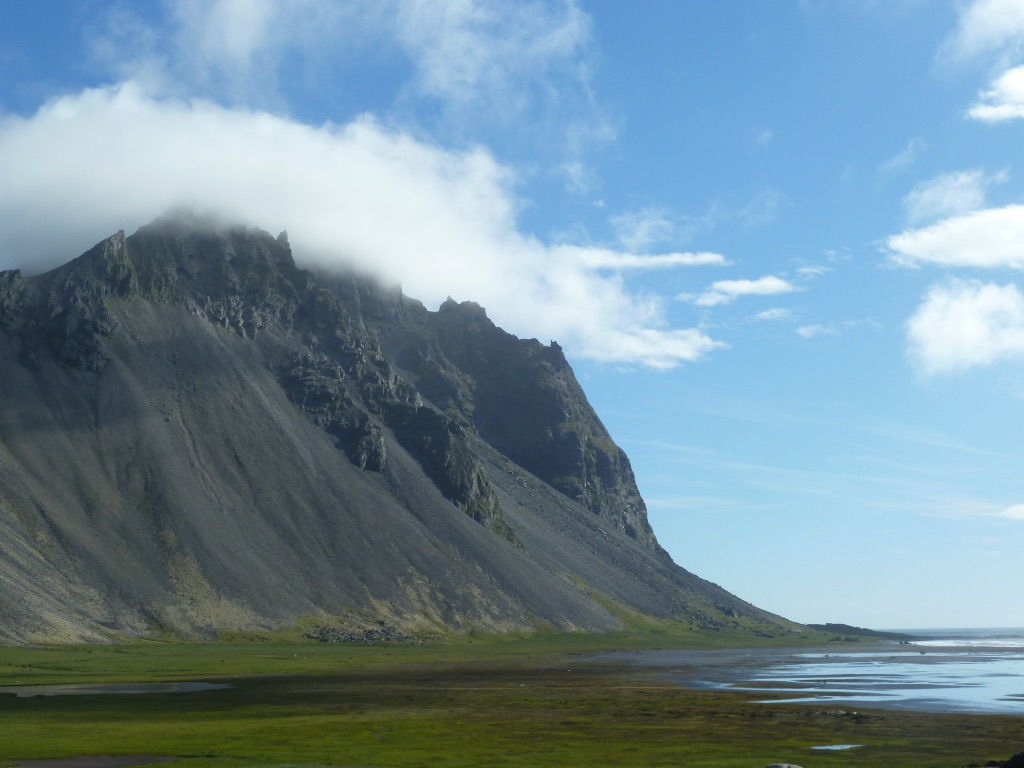
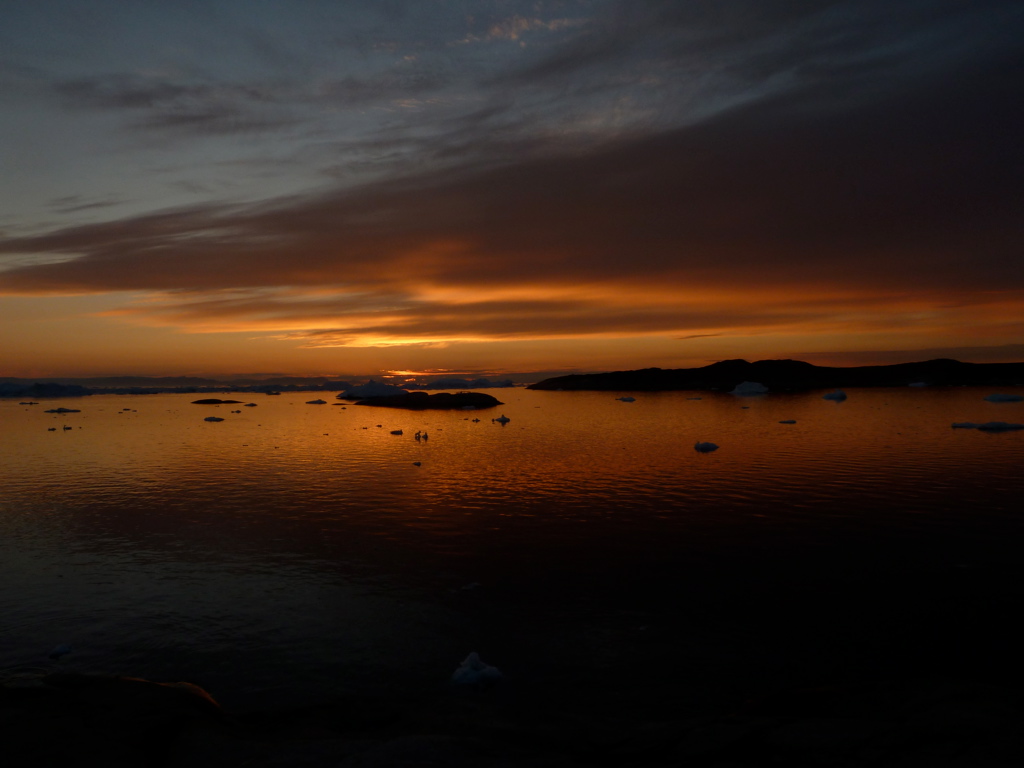
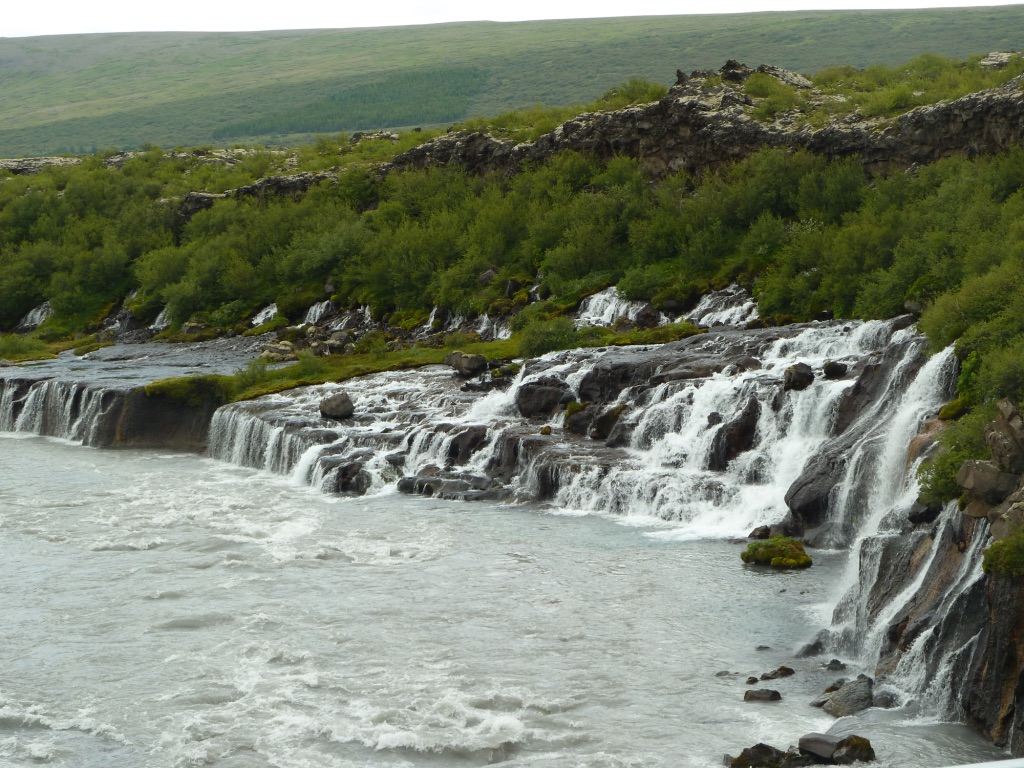
Project of the Week
Dr Mel Murphy
This summer, Emily and I spent nearly three months sampling glacier- and snow-fed rivers draining continuous permafrost in the high Arctic Zackenberg River catchment, NE Greenland. Rivers play an important role in the long-term carbon cycle, transporting dissolved and particulate material from the chemical and physical breakdown of rocks on the continents to the oceans. These ‘weathering’ processes can both release and remove carbon dioxide (CO2) from the atmosphere, and we don’t know which of these processes dominates overall in Arctic river systems. This has huge implications for understanding whether Arctic rivers are acting as a source or sink for atmospheric CO2, and therefore, how weathering in the Arctic impacts the long-term carbon cycle and climate.
Investigative Team
All members, including PhD and Masters Researchers, can be contacted either via this website or their institutional contact addresses
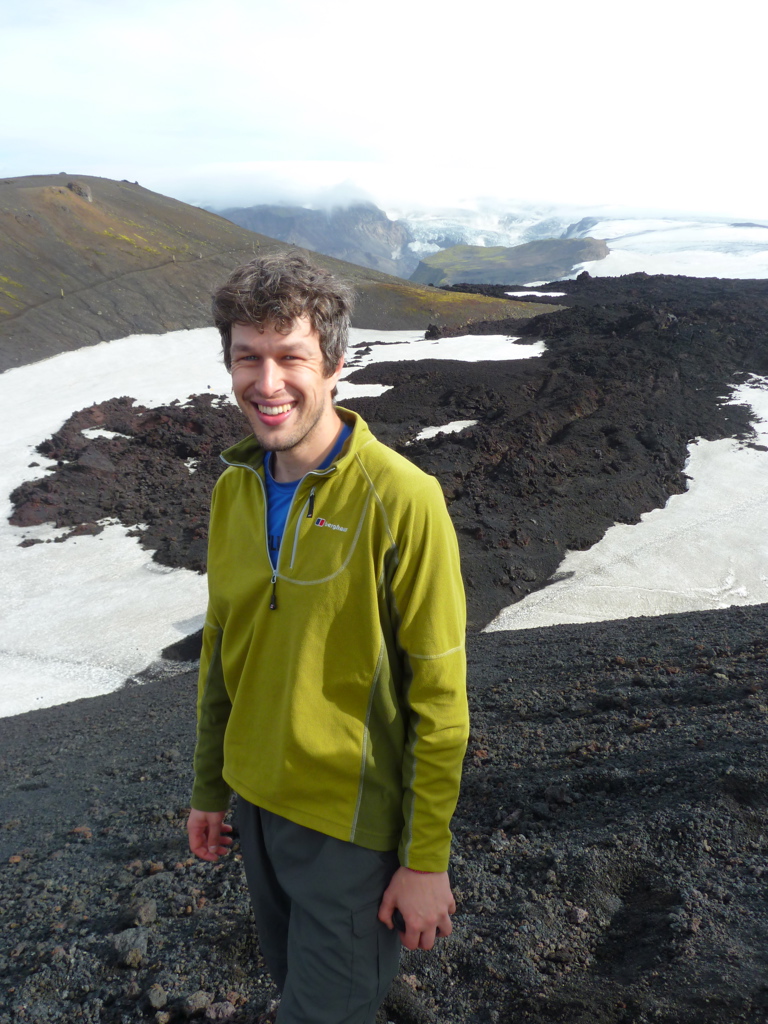
Dr Philip Pogge von Strandmann
Principal Investigator
I am interested in how the Earth’s biogeochemical cycles respond to changes in climate. In particular, how chemical weathering (the main natural removal process of atmospheric CO2) responds to climatic warming and cooling. This is important both for determining how the future climate will evolve due to anthropogenic warming, but also if we can enhance these natural processes to artificially remove CO2 on faster timescales.
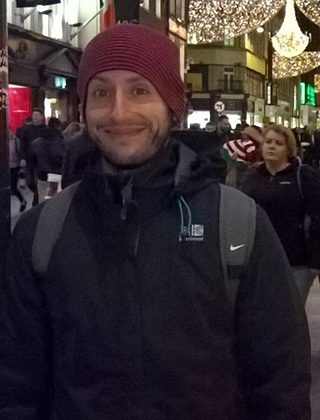
Dr Alex Krause
Postdoctoral Researcher
I am a biogeochemical modeller with an interest in the evolution of the Earth system over time. At UCL, my research is focused on investigating the links between weathering, CO2 and temperature for incidents such as glaciations (e.g. the Hirnantian), the PETM etc. To do this I combine geochemical data with the development of mathematical representations of Earth processes, for instance: biological developments and changes in global tectonism, to understand the descent into, and escape from these climatic episodes.

Xiaoqing He
Postdoc
Weathering experiments to determine the impact of non-equilibrium conditions
PhD Researchers
Xianyi Liu
PhD Researcher
Project Title
Luheng Bai
PhD Researcher
Sedimentary changes across the Permian
Chunyao Liu
PhD Researcher
Project Title
A Word
From Our Principal
” For the first time in human history, we are capable of predicting the future climate. The problem is that our own activities will cause us to live in interesting times. “
– Philip Pogge von Strandmann
Past Members
Dr Mel Murphy
Postdoctoral Researcher
Fieke Mulder
PhD Researcher
Project Title
Elucidating mineral dissolution and precipitation mechanisms.
Lisa Friberg
MSCI
Lara Cosford
MSCi
Chloe Tooley
Masters
“Enhanced weathering CO2 sequestration experiments at 4°C”
Fuencisla Canadas
PhD Researcher
Paleoceanographic context of organic matter deposition on the Yangtze Craton, South China during the Ediacaran Period
Joe Sumesar-Rai
PhD Researcher
Project Title
Using boron isotopes as a tracer of habitat and diet.
Dr David Wilson
Postdoctoral Researcher
As a geologist and earth scientist, my research uses isotopic and geochemical measurements to investigate past changes in ocean chemistry.
Dr Ying Shields-Zhou
Postdoctoral Researcher
Ze Tao
PhD Researcher
Project Title
Using foraminifera to study paleoclimate and climate change
Opportunities
If you are interested in research in these areas, please contact me..
I welcome enquiries from people wishing to undertake research in:
- past variations in biogeochemical cycles, largely related to inorganic and organic responses and controls of the carbon cycle.
- Understanding modern weathering processes, using natural analogues of past processes.
- Laboratory experiments to constrain and quantify isotopic responses to chemical weathering of different materials.
- Artificial enhancement of natural processes to rapidly sequester atmospheric or oceanic carbon.
If you wish to undertake a PhD, and are a UK/EU student, then funding is best sought via the University of London’s NERC Doctoral Training Programme (DTP)
If you are a non-EU student, then the most likely funding course is via UCL’s overseas research scholarships. If you are a Chinese national, then funding can be obtained via the Chinese Scholarship Council.
Postdoctoral positions are advertised on the jobs page when available.
If you wish to apply for a research fellowship (e.g. NERC ) then please contact me.
